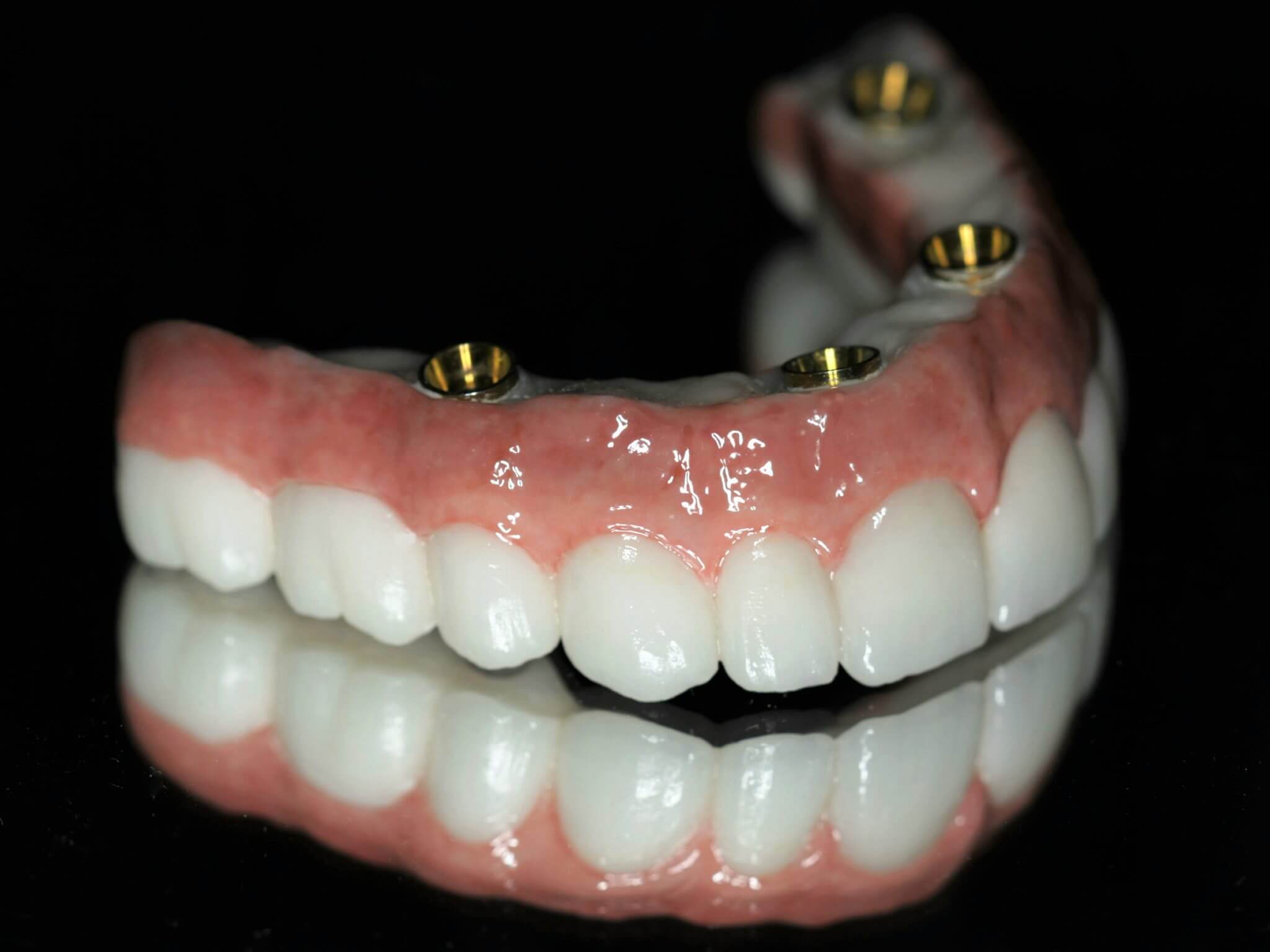Dental Sense for Beginners
Table of ContentsNot known Incorrect Statements About Dental Sense What Does Dental Sense Do?The Ultimate Guide To Dental SenseDental Sense Can Be Fun For Everyone
are clinical tools operatively dental implanted right into the jaw to restore a person's capability to chew or their look. They give assistance for fabricated (phony) teeth, such as crowns, bridges, or dentures. When a tooth is lost as a result of injury or condition, a person can experience issues such as rapid bone loss, malfunctioning speech, or adjustments to chewing patterns that lead to discomfort.Oral implant systems include an oral implant body and dental implant abutment and might also include an abutment addiction screw. Front tooth filling. The oral implant body is operatively placed in the jawbone instead of the tooth's origin. The oral implant abutment is typically connected to the implant body by the joint addiction screw and prolongs via gum tissues into the mouth to support the attached synthetic teeth
(https://www.openlearning.com/u/matthewmusic-spvoez/about/)Structure of The Dental Implant System choosing oral implants, speak to your dental provider regarding the prospective benefits and dangers, and whether you are a prospect for the procedure. Points to think about: Your total wellness is an essential consider identifying whether you are a good prospect for oral implants, how long it will take to recover, and the length of time the dental implant may remain in place.
Smoking cigarettes may affect the recovery procedure and lower the long-lasting success of the implant. The healing procedure for the dental implant body may take a number of months or longer, during which time you usually have a short-term joint in location of the tooth. the dental implant procedure: Carefully follow the dental hygiene directions offered to you by your oral copyright.
Dental Sense - Truths
Implant failing can result in the requirement for one more procedure to deal with or replace the implant system. Brings back the ability to chew Brings back cosmetic appearance Helps maintain the jawbone from reducing as a result of bone loss Maintains the wellness of the bordering bone and gums Helps keep adjacent (close-by) teeth secure Enhances high quality of life Damages to bordering natural teeth during dental implant positioning Injury to the surrounding tissues during surgical procedure, such as sinus opening Injury during surgery (as an example, fracture of surrounding jawbone) Inadequate function, such as seeming like the teeth do not bite with each other generally A feeling that the tooth hangs or twisting in position arising from an abutment screw loosening up Implant body failure (looseness of the implant body) due to systemic infection, which might be more most likely in patients with uncontrolled diabetics issues due to regional infection in bone and gum tissues supporting the dental implant body as a result of delayed recovery, which might be a lot more most likely in people that smoke Problem cleansing the periodontals around the dental implant, causing inadequate dental health Unattended periodontal condition Post-surgical pins and needles as a result of nerve impingement or damage Always notify healthcare service providers and imaging specialists that you have dental implants prior to any kind of magnetic resonance imaging (MRI) or x-ray treatments.
FDA is not conscious of any unfavorable events reported for MRI or x-ray treatments with dental implants. Oral implants systems are usually constructed from materials that follow international consensus standards of the International Company for Standardization (ISO) or ASTM International. These criteria have information of what makes a risk-free material.

A dental implant is a structure that changes a missing out on tooth. With screw-like tools, the surgeon inserts a dental implant into the jawbone, and it acts as an anchor for a man-made tooth, called a crown.
Dental Sense for Dummies
Some people are not qualified for dental implant surgical treatment. It is for oral surgeons to operate individuals with: severe illnessuncontrollable metabolic diseasebone or soft cells illness or infectionIf these issues are solved, an individual can have the surgical treatment. In, oral cosmetic surgeons abstain from running on individuals with: If individuals with any of the above go through oral implant surgical treatment, there is a higher risk of the dental implant falling short.

Oral implant surgery is a customized process. Offer you time to recover. Connect the article and last crown, bridge or denture.
Next off, your specialist will thoroughly put the oral implant into your jaw. If your dental implant is near the front of your mouth, your dental expert will certainly make a temporary tooth for you to wear until you heal.
The Greatest Guide To Dental Sense
Throughout the healing stage, your jawbone should fuse to the oral implant. This procedure can take anywhere from 3 to nine months.
When your implant heals, your dental practitioner can attach the abutment (small port post) and your last reconstruction (crown, bridge or denture). This generally takes about one hour to complete and might need a 2nd minor surgical treatment. You shouldn't really feel any discomfort throughout your dental implant procedure since your provider will certainly utilize medicine to numb your gum tissues.